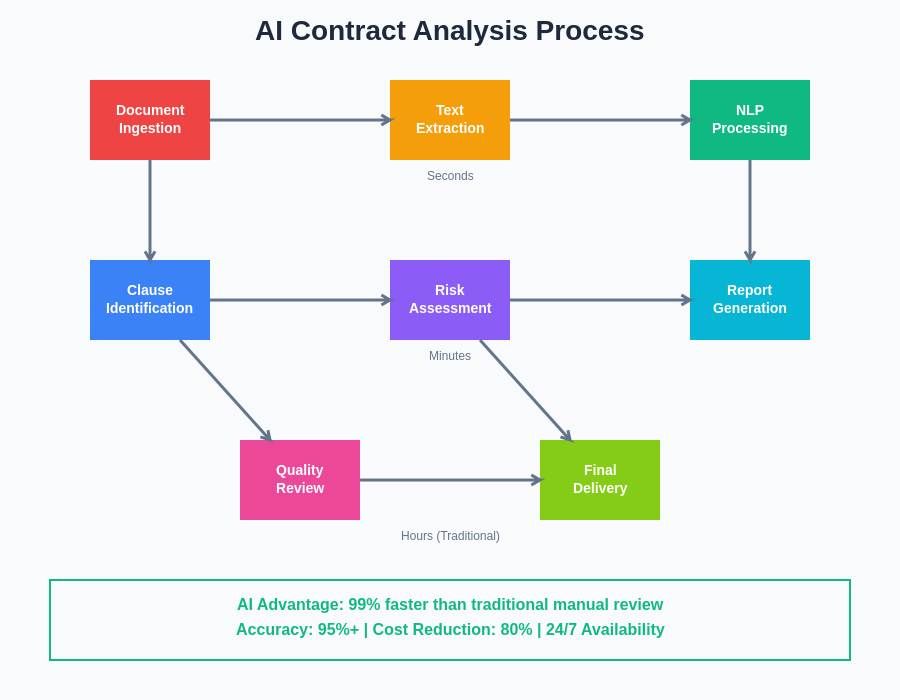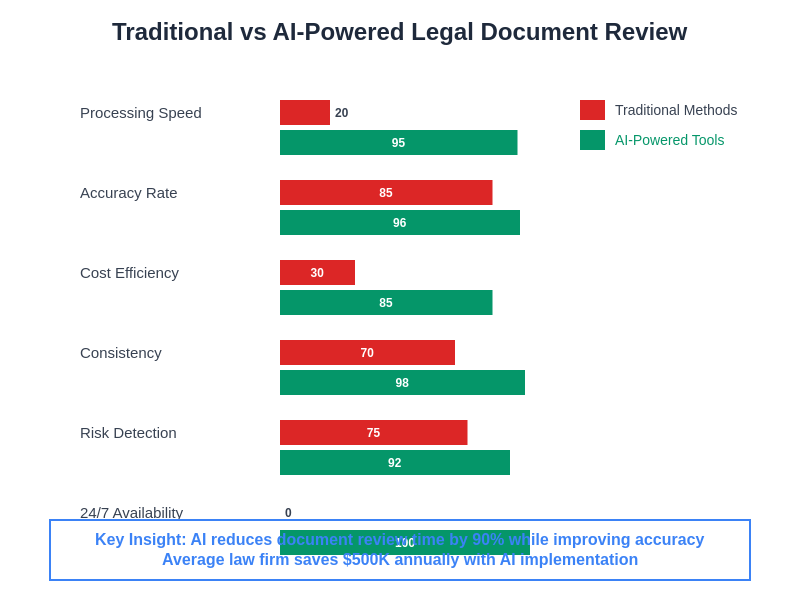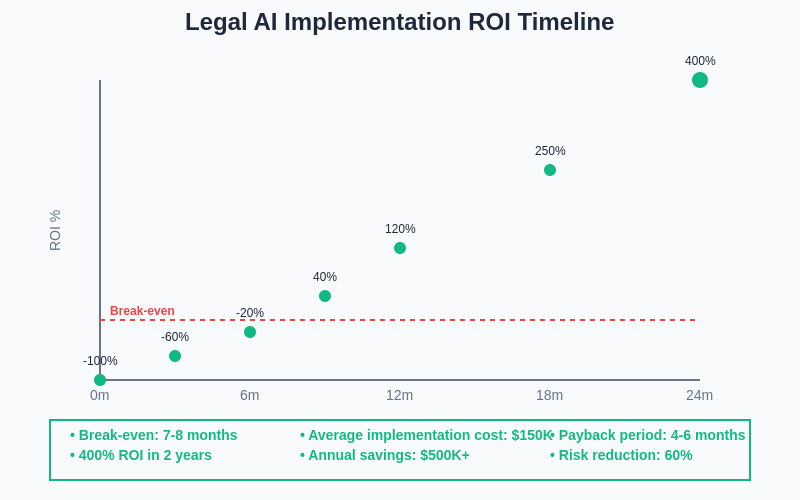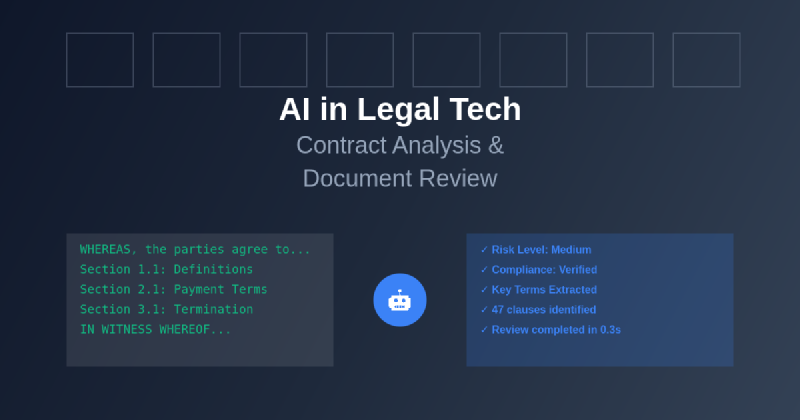The legal profession stands at the threshold of a technological revolution that promises to fundamentally transform how legal practitioners approach contract analysis, document review, and legal research. Artificial intelligence has emerged as a powerful catalyst for change in the traditionally conservative legal industry, offering unprecedented capabilities for processing vast volumes of legal documents, identifying critical clauses, and extracting meaningful insights from complex contractual agreements. This transformation represents not merely an evolution of existing practices but a complete reimagining of how legal work is conducted in the digital age.
Explore the latest AI innovations in legal technology to understand how cutting-edge developments are reshaping legal practice and creating new opportunities for efficiency and accuracy in legal services. The integration of artificial intelligence into legal workflows has already begun to deliver measurable improvements in productivity, accuracy, and cost-effectiveness, positioning forward-thinking law firms and legal departments to provide superior service to their clients while maintaining competitive advantages in an increasingly demanding marketplace.
The Evolution of Legal Document Processing
Traditional legal document review has long been characterized by meticulous manual examination, extensive billable hours, and the inherent risk of human oversight in complex contractual arrangements. Legal professionals have historically dedicated countless hours to reviewing contracts line by line, searching for specific clauses, identifying potential risks, and ensuring compliance with regulatory requirements. This labor-intensive process, while thorough, has often resulted in significant time delays, elevated costs, and occasional inconsistencies in analysis quality depending on the experience and expertise of individual reviewers.
The introduction of artificial intelligence into legal document processing has fundamentally altered this landscape by providing sophisticated tools capable of analyzing vast quantities of legal text with remarkable speed and precision. Modern AI systems can process thousands of documents in the time it would take a human reviewer to examine a single contract, while simultaneously maintaining consistent analytical standards and identifying patterns that might escape human attention. This technological advancement has enabled legal teams to redirect their focus from routine document processing tasks toward higher-value strategic analysis and client counseling activities.
Revolutionary Contract Analysis Capabilities
Contemporary AI-powered contract analysis platforms have developed sophisticated natural language processing capabilities that enable them to understand legal terminology, identify contractual relationships, and extract critical information from complex legal documents. These systems can automatically locate and categorize key provisions such as termination clauses, liability limitations, payment terms, and intellectual property rights, presenting this information in organized formats that facilitate rapid review and comparison across multiple agreements.
The precision with which AI systems can identify and analyze contractual provisions has proven particularly valuable in large-scale contract reviews, such as those required during mergers and acquisitions, regulatory compliance audits, or portfolio management activities. Legal teams can now process hundreds or thousands of contracts simultaneously, generating comprehensive reports that highlight potential risks, inconsistencies, and opportunities for standardization or renegotiation.
Enhance your legal practice with advanced AI tools like Claude that offer sophisticated reasoning capabilities for complex legal analysis and document processing tasks. The ability to leverage AI for contract analysis has become increasingly important as organizations manage ever-growing volumes of contractual obligations and seek to minimize legal risks while maximizing operational efficiency.
Intelligent Document Classification and Organization
One of the most immediate benefits of AI implementation in legal practice has been the dramatic improvement in document classification and organization capabilities. Traditional document management systems relied heavily on manual categorization and keyword-based search functions that often failed to capture the nuanced relationships between different types of legal documents and their constituent provisions. AI-powered systems can automatically classify documents by type, subject matter, jurisdiction, and complexity level, creating sophisticated organizational structures that enhance accessibility and facilitate more efficient legal research.
These intelligent classification systems can recognize patterns in document structure, identify recurring clauses across different agreement types, and establish connections between related documents that might not be immediately apparent to human reviewers. This organizational capability has proven particularly valuable for law firms managing large client portfolios and corporate legal departments handling diverse contractual relationships across multiple business units and jurisdictions.

The systematic approach to AI-powered contract analysis follows a sophisticated workflow that transforms raw legal documents into actionable intelligence through multiple stages of processing, from initial document ingestion through final report generation, delivering comprehensive analysis in a fraction of the time required by traditional manual review methods.
Advanced Risk Assessment and Compliance Monitoring
The implementation of AI in legal document review has significantly enhanced the ability of legal professionals to identify and assess potential risks within contractual arrangements. Modern AI systems can analyze contract language against established legal precedents, regulatory requirements, and organizational policies to identify provisions that may create compliance issues or expose organizations to unacceptable levels of legal or financial risk. This proactive approach to risk assessment enables legal teams to address potential issues before they become problematic, reducing the likelihood of disputes and regulatory violations.
AI-powered compliance monitoring systems can continuously track changes in regulatory requirements and automatically flag existing contracts that may require amendment or renegotiation to maintain compliance. This ongoing monitoring capability has become increasingly valuable as organizations operate in complex regulatory environments where compliance requirements frequently evolve and failure to maintain current standards can result in significant penalties and reputational damage.
Streamlining Due Diligence Processes
The due diligence process, which traditionally required teams of lawyers to manually review thousands of documents over extended periods, has been revolutionized through the application of AI technology. Modern AI systems can rapidly analyze entire document repositories, identifying key contracts, extracting critical terms, and flagging potential issues that require human attention. This automation has dramatically reduced the time and cost associated with due diligence activities while improving the comprehensiveness and consistency of the review process.
AI-powered due diligence platforms can generate detailed reports summarizing contract portfolios, highlighting potential liabilities, and identifying opportunities for consolidation or renegotiation. These capabilities have proven particularly valuable in merger and acquisition transactions, where the ability to quickly and accurately assess contractual obligations and risks can significantly impact deal valuations and negotiation strategies.
Leverage comprehensive AI research capabilities with Perplexity for thorough legal research and analysis that supports informed decision-making in complex legal matters. The integration of AI into due diligence processes has enabled legal teams to provide more comprehensive and timely advice to their clients while reducing the resource requirements traditionally associated with large-scale document reviews.
Enhancing Contract Negotiation Strategies
AI technology has begun to play an increasingly important role in contract negotiation by providing legal professionals with data-driven insights into negotiation patterns, market standards, and successful clause formulations. Advanced AI systems can analyze large databases of completed contracts to identify trends in specific industries, jurisdictions, or deal types, providing negotiators with valuable intelligence about what terms are typically accepted or rejected in similar circumstances.
These analytical capabilities enable legal teams to develop more effective negotiation strategies by understanding which provisions are likely to be contested, what alternative language might be more acceptable to counterparties, and how specific terms have evolved in response to changing market conditions or regulatory requirements. The ability to access this type of strategic intelligence has proven particularly valuable in complex commercial negotiations where understanding market practices and precedents can significantly impact negotiation outcomes.
Automated Contract Generation and Templating
The development of AI-powered contract generation systems has introduced new levels of efficiency and consistency in contract drafting processes. These systems can automatically generate contract drafts based on predefined templates, client requirements, and regulatory constraints, significantly reducing the time required to produce initial contract versions and ensuring compliance with organizational standards and legal requirements.
Intelligent contract generation platforms can adapt template language based on specific transaction characteristics, jurisdictional requirements, and client preferences, producing customized agreements that serve as excellent starting points for negotiation and refinement. This automation has enabled legal teams to handle larger volumes of routine contract work while maintaining consistent quality standards and reducing the risk of errors or omissions that might occur in manual drafting processes.
Quality Control and Error Detection
AI systems have demonstrated remarkable capabilities in identifying potential errors, inconsistencies, and omissions in legal documents that might escape human attention during traditional review processes. These systems can cross-reference provisions within individual contracts to identify conflicts or contradictions, compare contract terms against established templates or precedents to highlight deviations, and flag unusual or potentially problematic language that may require additional scrutiny.
The error detection capabilities of AI systems have proven particularly valuable in complex agreements with multiple interconnected provisions, where manual review processes might overlook subtle inconsistencies that could create ambiguities or enforcement issues. By providing comprehensive quality control functions, AI technology has enhanced the reliability and professional standards of legal document preparation and review processes.
Integration with Legal Research and Case Law Analysis
Modern AI systems have begun to integrate contract analysis capabilities with broader legal research functions, enabling legal professionals to quickly identify relevant case law, regulatory guidance, and legal commentary that may impact the interpretation or enforcement of specific contractual provisions. This integration provides legal teams with immediate access to the legal context surrounding specific contract terms, facilitating more informed analysis and advice.
The ability to automatically cross-reference contract provisions with relevant legal authorities has streamlined the legal research process and enhanced the quality of legal analysis by ensuring that contract reviews are informed by current legal developments and judicial interpretations. This comprehensive approach to contract analysis has enabled legal professionals to provide more thorough and accurate advice to their clients while reducing the time and resources required for traditional legal research activities.
Cost-Effectiveness and Resource Optimization
The implementation of AI in legal document review has delivered significant cost savings for law firms and corporate legal departments by reducing the human resources required for routine document processing tasks. Organizations that have adopted AI-powered contract analysis tools report substantial reductions in the time required for document review, enabling legal teams to handle larger volumes of work with existing staff resources or to redirect personnel toward higher-value activities that require human expertise and judgment.
The cost-effectiveness of AI implementation extends beyond simple labor savings to include improvements in accuracy, consistency, and turnaround times that enhance client satisfaction and competitive positioning. Legal organizations that have successfully integrated AI technology into their workflows report improved profitability, enhanced client relationships, and increased capacity to take on additional work without proportional increases in staffing requirements.

The quantitative advantages of AI-powered legal document review are evident across multiple performance metrics, with AI systems consistently outperforming traditional methods in processing speed, accuracy rates, cost efficiency, and consistency while providing unprecedented 24/7 availability that transforms how legal services are delivered.
Challenges and Implementation Considerations
Despite the significant benefits offered by AI technology, the implementation of AI-powered contract analysis systems presents several challenges that legal organizations must carefully consider. Issues related to data security, client confidentiality, and regulatory compliance require careful attention to ensure that AI implementations meet the stringent professional standards required in legal practice. Additionally, the need for ongoing training and system maintenance requires organizations to develop new competencies and allocate resources for technology management.
The integration of AI systems with existing legal workflows and technology infrastructure can present technical challenges that require careful planning and execution. Legal organizations must also address concerns related to professional liability, quality assurance, and the appropriate allocation of responsibility between human professionals and AI systems to ensure that client service standards are maintained while capturing the benefits of technological enhancement.

The return on investment for legal AI implementation follows a predictable trajectory, with initial costs offset by significant productivity gains and cost savings that typically result in break-even within 7-8 months and substantial long-term returns that justify the strategic investment in advanced legal technology.
Future Developments and Industry Transformation
The continued evolution of AI technology promises to bring even more sophisticated capabilities to legal document analysis and contract review processes. Emerging developments in machine learning, natural language processing, and predictive analytics are likely to enhance the ability of AI systems to understand complex legal concepts, predict litigation outcomes, and provide strategic guidance for contract negotiation and risk management.
The ongoing transformation of the legal industry through AI adoption is expected to create new service delivery models, alter traditional billing structures, and reshape client expectations regarding turnaround times, cost-effectiveness, and analytical depth. Legal professionals who successfully adapt to these changes by developing complementary skills in technology management, strategic analysis, and client relationship management are likely to thrive in this evolving landscape.
As AI technology becomes more sophisticated and widely adopted, the legal profession is likely to see continued evolution in the roles and responsibilities of legal professionals, with greater emphasis on strategic thinking, client counseling, and complex problem-solving activities that complement rather than compete with AI capabilities. This evolution represents an opportunity for legal professionals to enhance their value proposition while leveraging technology to improve service delivery and operational efficiency.
The future of legal practice will likely be characterized by seamless integration between human expertise and artificial intelligence, creating new possibilities for delivering comprehensive, cost-effective, and highly accurate legal services that meet the evolving needs of clients in an increasingly complex business environment. Legal organizations that embrace this transformation and invest in developing appropriate AI capabilities are positioning themselves to lead the industry in delivering innovative and effective legal solutions.
Disclaimer
This article is for informational purposes only and does not constitute legal or professional advice. The views expressed are based on current understanding of AI technologies and their applications in legal practice. Readers should conduct their own research and consult with qualified legal and technology professionals when implementing AI solutions in legal practice. The effectiveness and appropriateness of AI tools may vary depending on specific use cases, regulatory requirements, and organizational needs.
